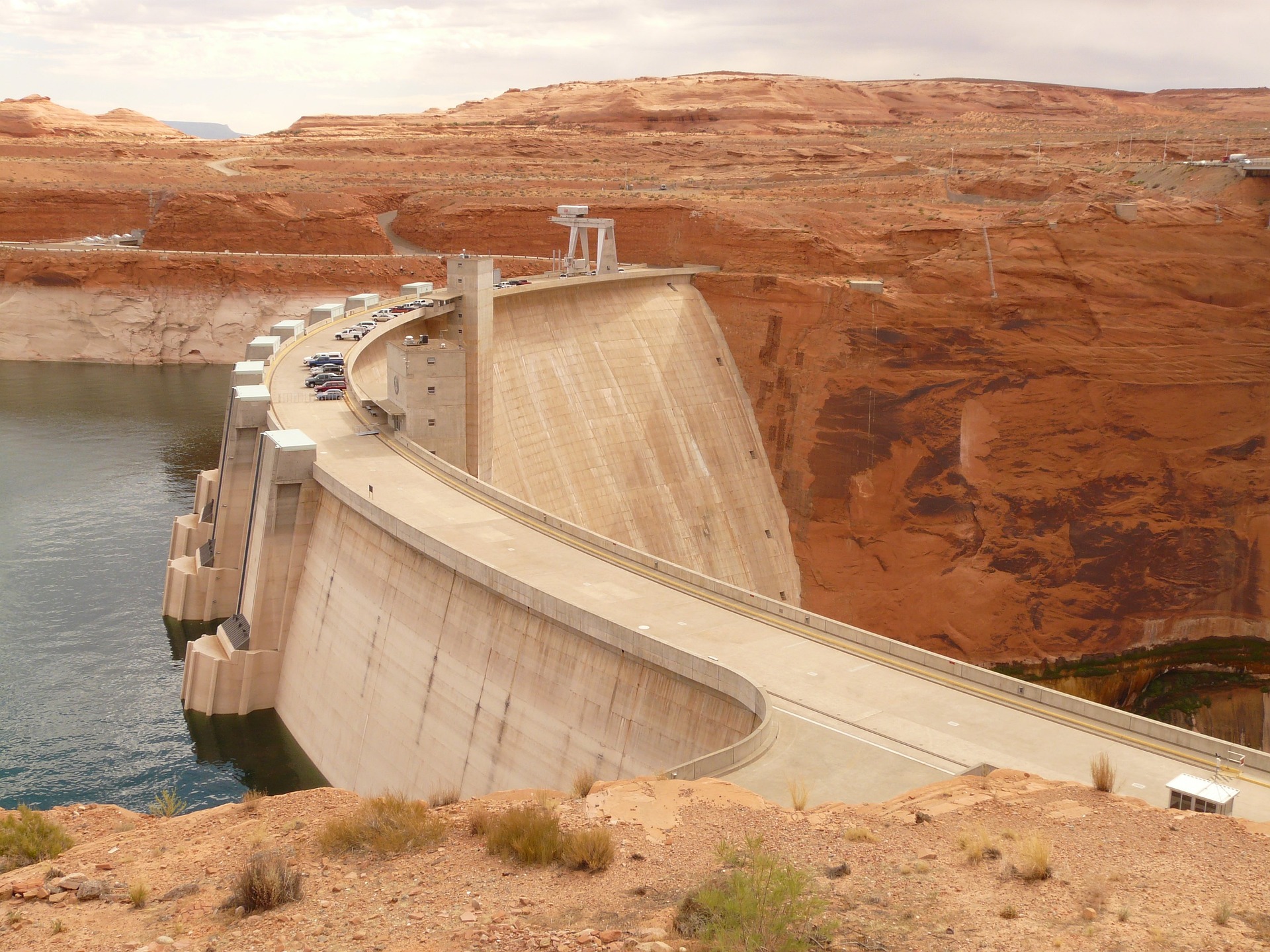Thousands of people across the state of Texas were still without power early Friday after an ice storm hit the state and parts of the U.S. South this week. Local officials are attributing the outages to frozen equipment and ice-burdened trees and limbs falling on power lines.
Faculty experts at the George Washington University are available to discuss various aspects of the winter storm and its impact on energy infrastructure. If you would like to speak with a GW expert, please contact GW Media Relations Specialist Cate Douglass at cdouglass gwu [dot] edu (cdouglass[at]gwu[dot]edu).
gwu [dot] edu (cdouglass[at]gwu[dot]edu).
Saniya LeBlanc is an associate professor of mechanical and aerospace engineering and director of GW’s Energy Innovation Research Initiative. LeBlanc’s research lies at the intersection of materials science, energy conversion, and thermal transport. Her areas of expertise include environmental and energy management and economics, finance and cost engineering. LeBlanc can discuss concerns around energy infrastructure and energy equity as well as the vulnerability of electric grids in the face of extreme weather.
“While inclement and extreme weather are not new experiences, they will occur more frequently. Loss of electrical power due to extreme weather highlights the pressing need to adapt, evolve, and modernize our energy infrastructure - especially our electrical grid,” LeBlanc says. “We need energy services that are more reliable and resilient to hazards. For example, we can leverage the proliferation of distributed energy resources (like microgrids) to maintain services, especially critical services like heating/cooling, for many people. Planning to keep using the electrical grid the way we have in the past makes us vulnerable to inconvenient (at best) and terrifying (at worst) losses of essential energy services.”
Payman Dehghanian is an assistant professor of electrical and computer engineering and director of the GW SmartGrid Laboratory. Dehghanian conducts research on electric power systems engineering. His specific areas of interest are: power system reliability and resilience assessment, data-informed decision-making for maintenance and asset management in electrical systems, cybersecurity in energy systems, and smart electricity grid applications. He can discuss the nuances of the Texas power grid and energy grid resiliency.






